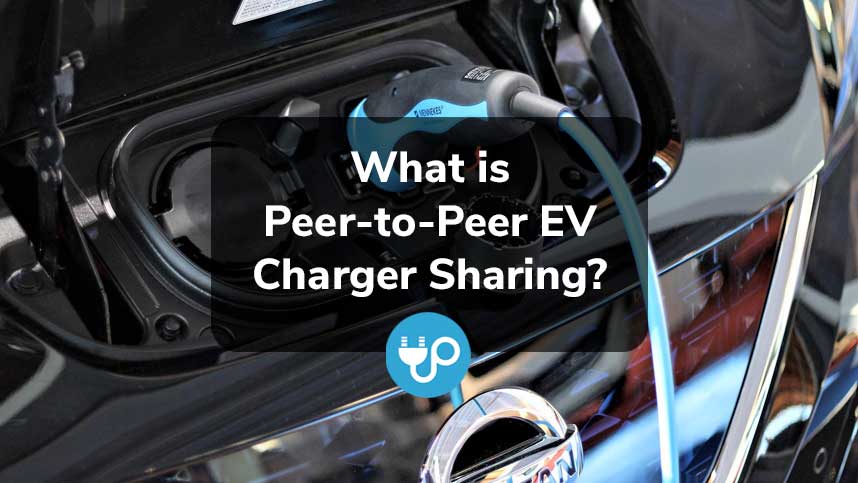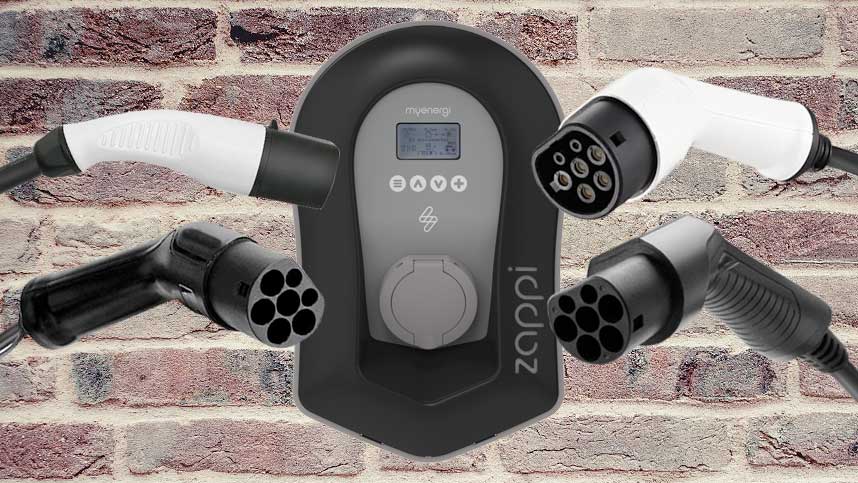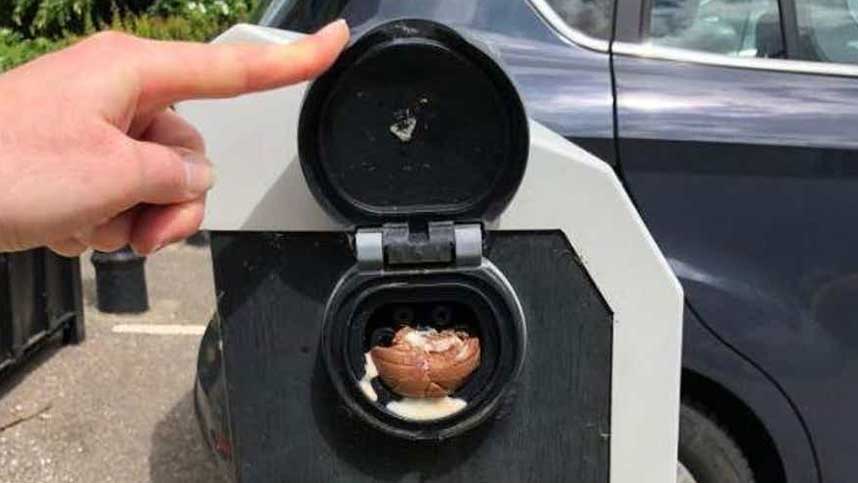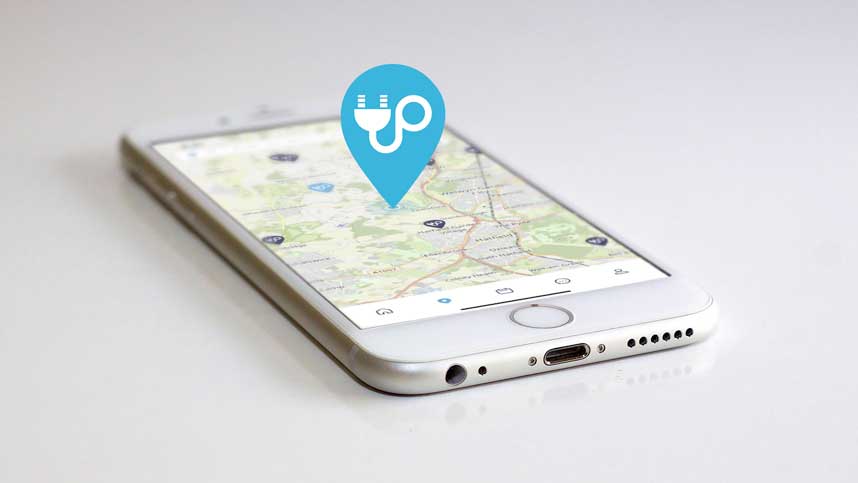
What is Peer to Peer EV Charger Sharing?
Any electric vehicle owner is familiar with the hassle of finding public charging points.
In rural areas, very seldom can you find one.
On highways and service stations, they can be very expensive and often out of service.
So is the answer peer to peer EV charger sharing to bridge the gap?
This article explains the pros and cons behind this recently emerging concept in the electric vehicle sector.
Chapters
How Does Charger Sharing Work?
Peer to peer EV charger sharing is a system designed to help people share their home electric vehicle chargers, during times when the charger is normally not in use.
It’s primarily seen as a stopgap solution to the current lack of widespread EV charging infrastructure.
Even though the number of public chargers are growing across the UK, the rate of emergence is not keeping pace with the sale of electric vehicles.
Advantages of Charger Sharing
While it may seem unusual to allow other drivers to use your home EV charging point, there’s several advantages to getting involved in a peer to peer EV charging scheme.
Make an Income
Using a peer to peer EV charger sharing app for example, anyone allowing motorists to charge at their EV’s using their own charge point will receive a flat-rate income that they personally set.
This is usually based on either a flat hourly rate, or the number of kWh the driver uses to top up their car.
While it does mean allowing other drivers to occupy your private property for prolonged periods, it's a good way of making a passive income.
Recoup Costs of Charger
By sharing your charge point via a peer-to-peer charging app and allowing other drivers to use your home car charger, will help you to recoup the initial outlay spent on installing the system.
It’s a great way of making back the money you spent on having the charge point fitted far quicker.
Depending on how often and how long it is used for peer to peer charging, it is possible to recoup the entire cost of a home charging system fairly quickly.
Reduce Your Energy Costs
Allowing your home charger to be used via peer-to-peer charging sharing can help save on energy bills.
Electric costs can be offset, with a sizeable lump paid for depending on how many cars use the system and how long they charge for.
Many homeowners turn a profit through their chargers as part of peer-to-peer sharing schemes.
However, this is not always the case.
Offset Your Carbon Footprint
Sharing your home car charger doesn’t completely eliminate your carbon footprint, but it certainly goes a long way to improving it.
Due to the growing number of electric vehicles on our roads, a substantially higher number of charging points are necessary to keep pace.
Even though the UK has excellent public transport networks, millions of people much prefer to use privately owned cars to get from A to B.
Providing a wide array of charging points for electric vehicles will aid in reducing the overall carbon footprint of the population, making the transition to electric more attractive and easier.
While one charging point at a private household will not make a massive impact alone, it’s most certainly a step in the right direction.
Private charging points and peer-peer charging systems will reduce carbon emissions through the reduction of fossil fuel consumption on a mass scale.
And by doing so, help everyday homeowners to make a small additional income.
Eliminate Range Anxiety
Range anxiety prevents owners of cars with internal combustion engines from making the switch to electric.
On longer journeys, the big fear is running out of battery charge before getting a chance to juice up at a publicly available charging station.
Shared private charging stations included in peer-to-peer charging schemes will help to dramatically eliminate this problem.
The majority UK residents do not presently live close by to publicly available charging hubs, simply because the infrastructure is so thin.
By introducing shared private charge points dotted all across suburban and rural areas, this will make it easier for drivers to simply stop and top up charge with greater ease.
Moreover, this will ensure EV batteries are fuller for longer, thus making range anxiety far less of a concern.
As the UK is littered with single-laned roads and country lanes with little to no charging infrastructure, peer to peer charging schemes are both essential and critical to the nation reaching its net zero targets.
Not all motorway service stations have rapid charging stations freely available, making the prospect of distance journeys a daunting task for EV owners.
Peer-to-peer charging schemes make it easier to drive on the back roads and country lanes, without having to worry about distances between each charging point along the way.
Accelerate EV Uptake
Electric vehicles, whilst they require fossil fuels during manufacture, still produce far less harmful emissions than their conventional counterparts.
While a VW Golf Diesel may achieve 55 mpg under normal driving conditions, a Tesla Model 3 or Nissan Leaf achieves the equivalent of 130 mpg, whilst using no fossil fuels and producing zero emissions.
Additionally, electric cars have fewer mechanical moving parts, and are therefore far easier to maintain.
There’s no combustion engine or gearbox to speak of, hence no oil or transmission fluid changes are necessary.
These significantly lower maintenance and fuel costs have a big advantage.
Peer-to-peer charging schemes will increase EV purchases, once they become more commonplace and their advantages become clear.
Disadvantages of Charger Sharing
While peer-to-peer charging schemes are seemingly attractive, they do have certain disadvantages.
Those disadvantages come in the form of sharing your property with strangers, which some might view as a security concern.
Damage to your property is also a possibility when participating in a peer-to-peer charging scheme.
Certain EV drivers may not know how to use your particular make and model of charge point, increasing the risk of damage.
In such cases, the homeowner will be forced to pay for repairs if the offending driver is not forthcoming.
Dealing with Strangers
Operating a home charger as part of a peer-to-peer EV charger sharing scheme comes with certain hassles.
Dealing with strangers is a very common part of offering your charger to members of the public.
While there are advantages in the form of a residual income, the process requires strangers parking and staying on your property for extended periods.
Of course, those hours can be restricted by the charge point owner, but some still might see this as a potential security issue.
Potential Charger Damage
Opening up your home charger to a peer-to-peer charging scheme creates genuine potential for charger damage, either through clumsiness or possible vandalism.
Home chargers tend to be either tethered or untethered.
In other words, no cable is attached with just a plug socket or tethered, which means the charger cable is integrated.
This means it’s quite possible some drivers may not have a compatible cable, or may misuse or mishandle your charger’s socket.
Some inexperienced EV owners may try to force their own cable into your charger's socket incorrectly, or use excessive force when placing your charger’s plug into their car, damaging the prongs.
These are never cheap to repair or replace!
A charging cable can cost anywhere between £150-£500 to replace and fit.
While this small but possible scenario shouldn’t discourage you, it’s a point worth considering before sharing your charge point with others.
How To Start Charger Sharing
Homeowners wishing to begin charger sharing must first register with a suitable service or app, such as Joosup.
Once a charger is registered on the app, the homeowner can set the chosen days of week and hours when the charger is available for bookings.
The charger address is kept private until the charging request is approved.
Only then is the address released for the driver to navigate towards.
So all that’s left to do is sit back and wait for the bookings to come in.
Key Takeaways
Peer-to-peer EV charger sharing has various advantages and disadvantages.
While it will initially help to speed up the transition to an electrified transport network, it presents security problems that some private residences may not particularly like.
But on the flip-side, it does provide an opportunity to offset the cost of the charger installation and your energy bills through a supplementary income.
So the trade offs are seemingly very attractive.
Blog Archive
- Where Can I Charge My Electric Car?
- Electric Car Maintenance and Servicing Guide
- How Often Should I Charge My Electric Car?
- How to Check EV Battery Health
- Do Electric Cars Pay Road Tax?
- October 2024 Budget: Key EV News
- EV vs ICE – Which is Best?
- Should I Charge My EV to 80 or 90 or 100%?
- UK Government Announces Hybrid Sales Allowed Until 2035
- BEV vs PHEV – What’s the Difference?
- Definitely Not A Guru (Jim Starling) Reviews Joosup
- How Long Do Electric Car Batteries Last?
- 25 New Electric Car Brands on UK Roads
- General Election 2024: Major Party Net Zero Policies Compared
- Electric Car Service Costs vs ICE
- CHAdeMO vs CCS – What’s the Difference?
- Mr EV Reviews Joosup
- What is the ZEV Mandate?
- Spring 2024 Budget: No VAT Rate Cut on Public EV Charging
- What is Regenerative Braking?





